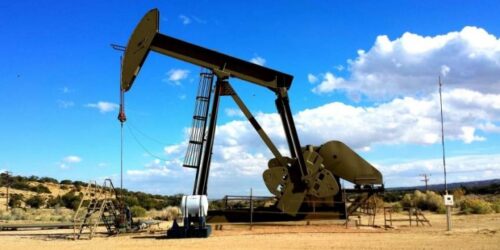Petroleum prices are not making much news these days. For one, it has now become a 15-day affair and that takes some sheen off. But more importantly, it is getting boring for the news channels’ DSNGs to queue up at petrol stations midnight only for the prices to be maintained or decreased. It has been six months and counting since the last price increase.

It has clearly been a tale of two halves, or even four quarters if you will. You will hear all sorts on how the most inefficient fuel usage is not being taxed as much as other countries around the world, and how some countries have double the tax on petrol than Pakistan. You would see retail price comparisons being drawn from ten years ago, alleging how the masses are being robbed, with zero regard for currency realities.

None of that is new though. What should now be certain for now and possibly many more months to come is the government has made peace with lower taxes on petroleum. International oil prices have not necessarily run away yet, but even at current rates or thereabout, they have tested the government enough on the ability to maintain higher tax incidence. Controlling and then reducing inflation has been set out as the priority number one by Islamabad – and the desire is only increasing with every day that passes by.

The new Finance Minister has categorically stated that there will be no increase in electricity tariffs anytime soon. This should be enough hint that petroleum prices won’t be tinkered with either. Any hopes of pocketing a few more rupees in revenue would rely on reduced crude oil prices, or a substantial increase in consumption. The chances are there, but slim.

The tax incidence (GST & PL combined) on both petrol and HSD is now the lowest since December 2018. The 4QFY20 PL revenues could be the lowest ever quarterly collection, unless May and June consumption numbers throw a massive surprise. All eyes are on the upcoming federal budget, which could set the tone for petroleum revenues in FY22. Be sure there is no way the estimation would be anywhere close to the absurd figures provided to the IMF in the latest country report.





